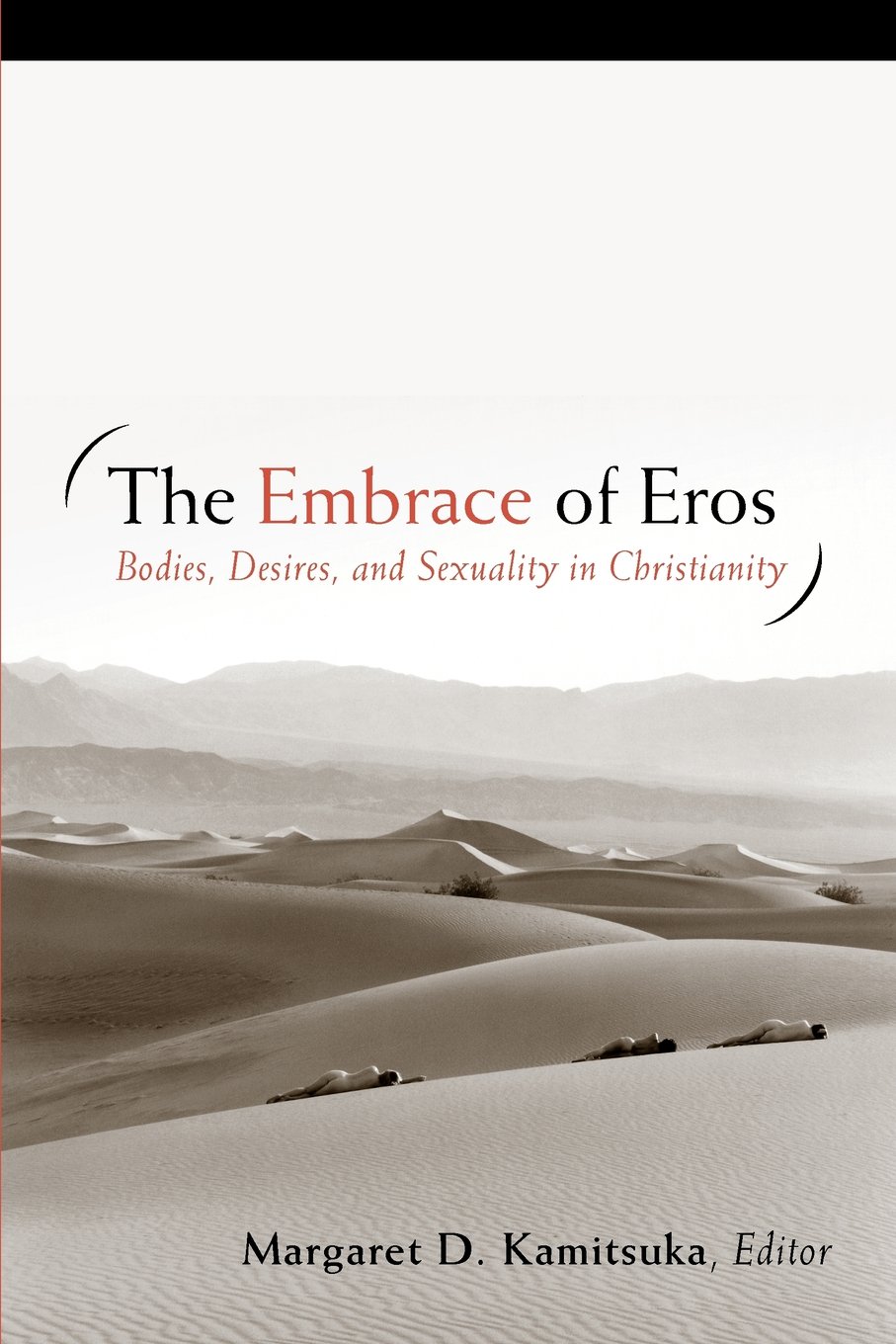


Yet at other points in history and in other cultures, such as the Islamic and Chinese cultures, those with a higher social rank would reproduce more (sometimes far, far more) than those people who possessed a lower rank. The aristocrats and clergy were of course were viewed as having a higher rank than the other classes. For example, in much of western history the aristocrats and clergy would reproduce significantly less than the lay population. Second, Evola usually drew from tradition and history to support his arguments but the trend he observes may not have been uniform across time. Is it still true that the highest beings have the fewest children, when in developed countries the most deranged and (dare I write it) over-socialized people are the ones reproducing the least? I think this turn of events, which did not exist when Evola was writing, at least complicates the validity of his argument. The first criticism is that in recent times, the much-discussed low reproductive rate of SJW's, which seems to happen for all the wrong reasons, presents a dilemma for Evola's dialogue. While many of those observations are true, I can think of two criticisms that I would make, and this ultimately leads me to a short conclusion about the nature of control. Evola also argues that within the human population, those who have fewer children are generally higher ranked than those who have more children, thus lower class people have more children than higher class people. This is why there are insects who have hundreds or even thousands of children but human beings, at the top of the hierarchy, tend to have the fewest children.

According to Evola, the lowest organisms reproduce the most, the highest organisms reproduce the least. For those who don't know what Evola's argument is (and if this is complicated later on in the book, I will admit that I'm not aware of it because I have not finished it yet), Evola's metaphysics establish the relevance of love and reproductive in a metaphysical hierarchy. I've been slowly making my way through Julius Evola's "Eros and the Metaphysics of Love." It's one of those books where each page gives me a lot to think about, it's practically impossible for me to read such a book quickly.


 0 kommentar(er)
0 kommentar(er)
